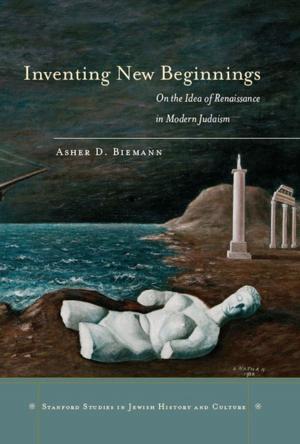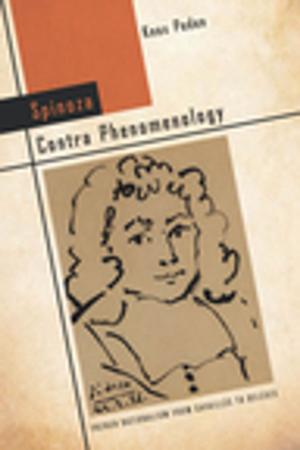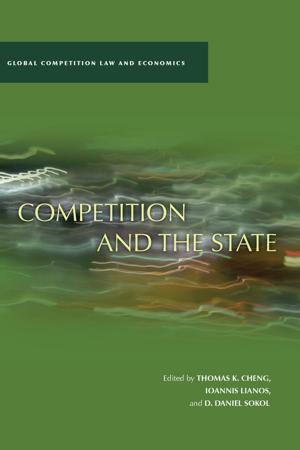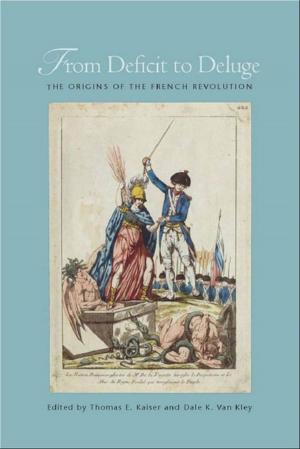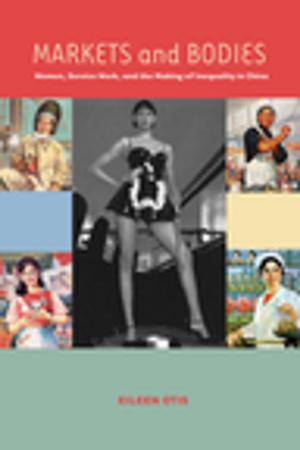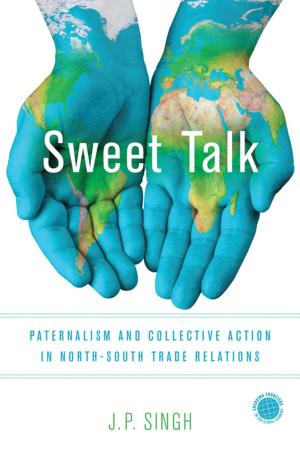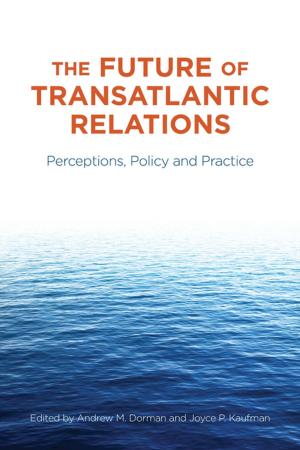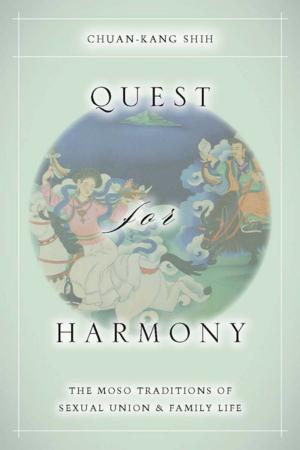Becoming Modern Women
Love and Female Identity in Prewar Japanese Literature and Culture
Fiction & Literature, Literary Theory & Criticism, Asian, Far Eastern| Author: | Michiko Suzuki | ISBN: | 9780804772952 |
| Publisher: | Stanford University Press | Publication: | November 10, 2009 |
| Imprint: | Stanford University Press | Language: | English |
| Author: | Michiko Suzuki |
| ISBN: | 9780804772952 |
| Publisher: | Stanford University Press |
| Publication: | November 10, 2009 |
| Imprint: | Stanford University Press |
| Language: | English |
Presenting a fresh examination of women writers and prewar ideology, this book breaks new ground in its investigation of love as a critical aspect of Japanese culture during the early to mid-twentieth century. As a literary and cultural history of love and female identity, Becoming Modern Women focuses on same-sex love, love marriage, and maternal love—new terms at that time; in doing so, it shows how the idea of "woman," within the context of a vibrant print culture, was constructed through the modern experience of love. Author Michiko Suzuki's work complements current scholarship on female identities such as "Modern Girl" and "New Woman," and interprets women's fiction in conjunction with nonfiction from a range of media—early feminist writing, sexology books, newspapers, bestselling love treatises, native ethnology, and historiography. While illuminating the ways in which women used and challenged ideas about love, Suzuki explores the historical and ideological shifts of the period, underscoring the broader connections between gender, modernity, and nationhood.
Presenting a fresh examination of women writers and prewar ideology, this book breaks new ground in its investigation of love as a critical aspect of Japanese culture during the early to mid-twentieth century. As a literary and cultural history of love and female identity, Becoming Modern Women focuses on same-sex love, love marriage, and maternal love—new terms at that time; in doing so, it shows how the idea of "woman," within the context of a vibrant print culture, was constructed through the modern experience of love. Author Michiko Suzuki's work complements current scholarship on female identities such as "Modern Girl" and "New Woman," and interprets women's fiction in conjunction with nonfiction from a range of media—early feminist writing, sexology books, newspapers, bestselling love treatises, native ethnology, and historiography. While illuminating the ways in which women used and challenged ideas about love, Suzuki explores the historical and ideological shifts of the period, underscoring the broader connections between gender, modernity, and nationhood.

